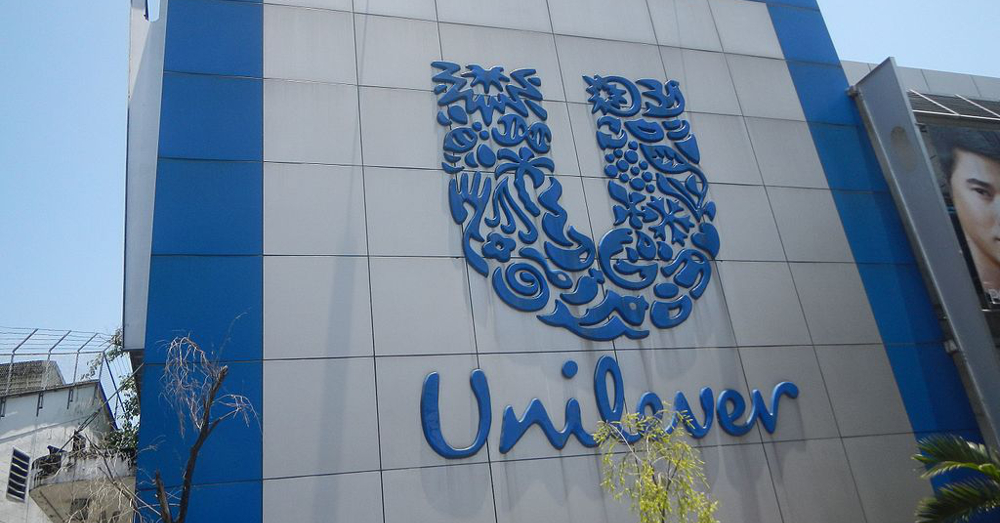
Unilever Sales Fall Short as Competition Bites Big Brands
Unilever reported disappointing third-quarter sales having lost market share to smaller rivals, dampening hopes that a failed takeover bid by Kraft Heinz would spark a swift improvement in performance.
Underlying sales rose only 2.6 percent, Unilever said on Thursday. That was below the 3.9 percent growth expected by analysts, and the 3 percent seen in the first half of the year.
October 19, 2017 | Source: Reuters | by Martinne Geller
Unilever reported disappointing third-quarter sales having lost market share to smaller rivals, dampening hopes that a failed takeover bid by Kraft Heinz would spark a swift improvement in performance.
Underlying sales rose only 2.6 percent, Unilever said on Thursday. That was below the 3.9 percent growth expected by analysts, and the 3 percent seen in the first half of the year.
The company expressed optimism, however, about the auction of its shrinking margarine and spreads business, which officially kicked off last month. First-round bids, expected to reach around $8 billion, are due on Thursday, according to sources familiar with the matter.
Unilever’s shares fell 5 percent, having risen by a third since Kraft’s failed $143 billion takeover bid for the maker of Magnum ice cream and Dove soap in February.
The company blamed poor weather in Europe, hurricanes in the United States and earthquakes in Mexico for disrupting sales. But it also cited the growing threat from local competitors in markets such as U.S. ice cream, where it lost market share to Halo Top, a new low-calorie brand capitalizing on growing demand for healthier products and niche names.
That change in consumer tastes, along with the embrace of online shopping, subscription services and home delivery plans, is eating away at the traditional dominance of multinationals like Unilever, Nestle and Danone .
Swiss rival Nestle reported accelerated third-quarter sales on Thursday, but said increased restructuring costs would weigh on margins.
“Life is becoming more difficult for the consumer goods giants,” said Charlie Higgins, fund manager at Hargreaves Lansdown, which owns Unilever shares.
“To succeed in the long term Unilever will need to adapt its business model, becoming more agile and responsive to changing trends.”
Unilever has made 18 acquisitions since 2015, but is still struggling.
“Our competitiveness has dropped off a little,” Chief Financial Officer Graeme Pitkethly said. The company is only gaining market share in about half of its business, he said, down from about 60 percent in previous years.
